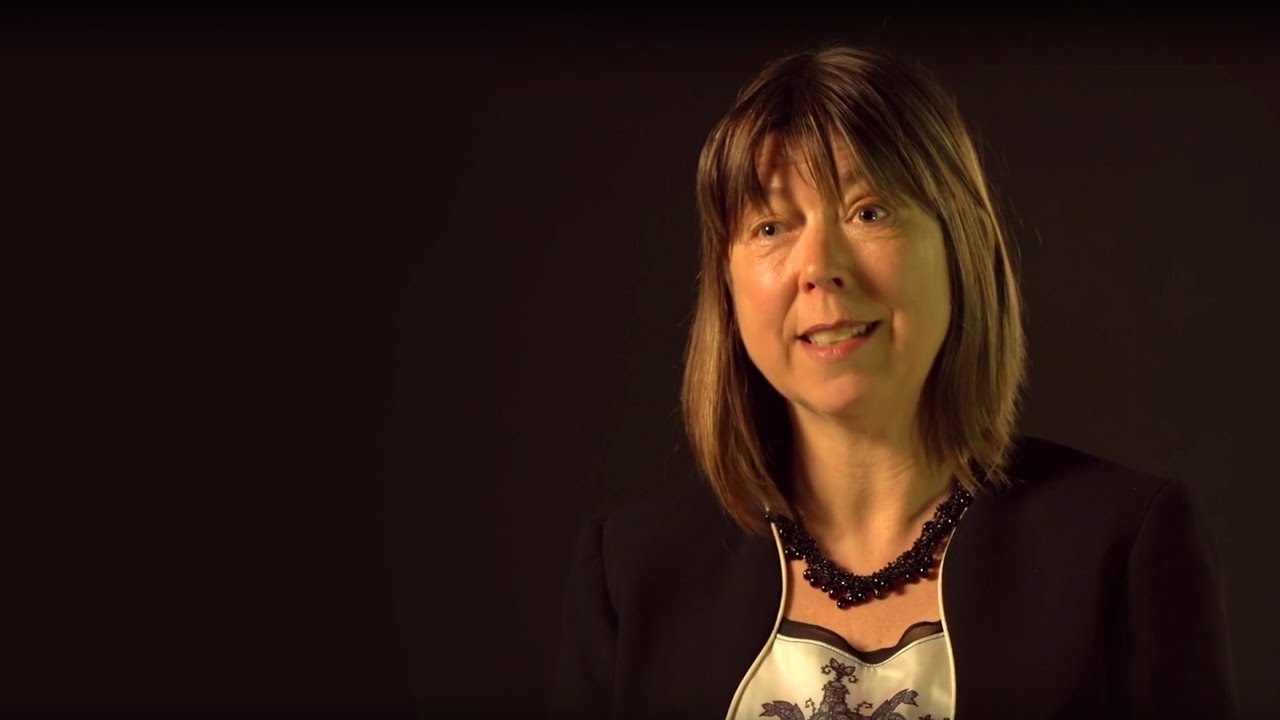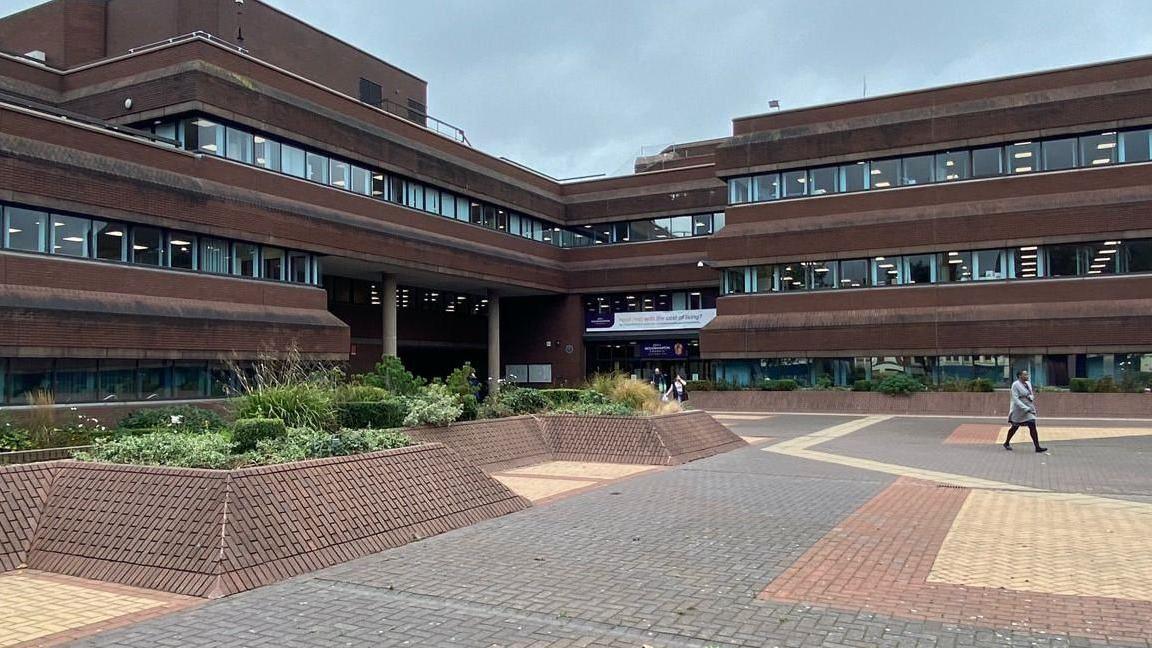Victims of Sexual and Gender-Based Violence (SGBV) who have been forcibly displaced have been let down by British authorities and face further abuse and trauma once in the UK says an exclusive report by researchers at the University of Birmingham.
Over the past three years, the Sexual and Gender Based Violence against Refugees from Displacement to Arrival (SEREDA) research team led by the University of Birmingham's Professor Jenny Phillimore, has conducted extensive research to understand the nature and incidence of SGBV experienced by refugees who have fled conflict to seek safety in the UK.
The research outlined how forced migrants faced different kinds of violence at different stages of their journey. Many respondents experienced SGBV at all these stages, including restriction of movement, physical and verbal abuse, humiliation, torture, starvation, human organ trafficking and slavery, sexual violence, labour exploitation, blackmailing, being thrown into the sea (or threat of), deprivation of possessions including medicines and official papers, or being abandoned.
However, once in the UK, many SGBV survivors continued to experience violence and/or were placed at risk of further abuse or trauma by immigration and asylum policies. Following extensive interviews undertaken between 2018-2020 with 68 forced migrant SGBV survivors, and 26 service providers working with survivors, the report identifies:
1. Traumatic asylum processes - Lengthy waits for a decision on their asylum case and inability to work or study while waiting worsened mental health conditions with some respondents lacking day-to-day distractions which could take their minds of the fear of being returned to persecution. Also, gender insensitive and sometimes inhumane asylum interviews by male caseworkers with male interpreters prevented women survivors from disclosing their SGBV experiences or retraumatised forced migrants who disclosed SGBV. No post-interview support was provided for forced migrants in distress.
2. Unstable and risky housing - Many women were placed in mixed gender housing and described bathrooms and bedrooms without locks, abusive staff who walked in unannounced, and sexual harassment. Respondents were also exposed to racist abuse and homophobia in dispersal neighbourhoods and housing while survivors of Muslim background reported feeling stigmatised and discriminated against for wearing religious attire.
3. Encouraging violent dependency - Forced migrant women who joined husbands with refugee status on a spousal visa had No Recourse to Public Funds (NRPF). They lived with the threat of deportation if the marriage broke down which created a situation wherein women believed they had to endure abuse if they were not to be deported.
4. Health impacts of SGBV - The combined effects of years of violence and the interactions between SGBV, and immigration and asylum systems generated high levels of trauma resulting in physical and psychological harms. Respondents talked about injuries and sexually transmitted diseases sustained during their journeys wherein they were unable to access post-rape prophylaxis with some respondents giving birth to children of rape.
5. Health care - Although some respondents can access health and psychological treatments they needed, through either GPs or civil society organisations, the majority received no support. Many were too fearful to seek medical help or report violent incidents to the police in fear of being deported, while others suggested that health professionals lacked knowledge of lived experiences of forced migrant survivors and the barriers they faced accessing services such as frequent changes of address, language barriers and having No Recourse to Public Funds (NRPF). Lack of training and time to help survivors disclose SGBV experiences meant that both physical and psychological conditions went untreated.
The SEREDA project Principal Investigator, Professor Jenny Phillimore from the University of Birmingham said: "The SEREDA project has brought a new understanding about the nature and incidence of SGBV experienced by forced migrants in England. Our findings shed light on the specific vulnerabilities associated with the UK asylum and immigration system which were experienced as gender insensitive often generating further harm to individuals who have already survived multiple traumas.”
SGBV among forced migrants is widespread and greater commitments are needed to tackle violence against forced migrants and support their recovery. To improve the treatment of SGBV survivors, increased gender and trauma sensitivity needs to be mainstreamed into asylum and immigration systems and services with contractors working for the Home Office paying far greater attention to the safety of SGBV victims in their care.
Improved coordination between sectors is necessary to strengthen people-centred service delivery among forced migrants in the interest of public health and protecting human rights. It is important that the harm occasioned to SGBV survivors in the UK’s asylum and immigration system is not normalised but seen as a serious problem requiring an urgent response. The interests and vulnerabilities of forced migrant women and girls need to be recognised, integrated and supported within the national strategy for tackling violence against women and girls."
Erina a survivor of SGBV and someone interviewed by the SEREDA project said: “When I came to the UK, I didn’t understand the asylum process very well. The Home Office didn’t believe what happened to me.
“The emotional pain never goes away. When I became an asylum seeker, I feel that I was not treated well, they treated me as nobody.
“The interview took hours and I didn’t know my right to request a break. They want you to be in pain. I was placed in a hostel, and shared a room with 2 other people with children. I wasn’t able to have a good rest and became so tired…
“In addition to my pain, I was put with other people dealing with their own stresses and anxieties. The whole process made me feel hopeless, made we wish I was dead, made me feel exhausted of everything.
“I thought coming to the UK would be a fresh start for me, from the trauma I experienced back home – but that was not the case. My life in the UK is a life of pain. I feel hopeless, destroyed and drained.”
The SEREDA project have made a series of bespoke recommendations to the Home Office, the Office for Health Improvement and Disparities and the National Health Service.
Key principles the SEREDA Research project for recommendations outlined are:
1. Mainstream SGBV responsibility - appoint an entity to oversee gender sensitivity in the UK immigration and asylum systems.
2. SGBV and trauma sensitisation - incorporate SGBV training and trauma awareness among professionals working with victims.
3. Survivor-centred and inclusive service delivery - ensure services focus on the needs of forced migrant victims.
4. Non-discriminatory approach to forced migrant SGBV survivors - ensure fair and humane treatment for all.
The findings of the report will be presented by Jenny Phillimore and Research Fellow, Sandra Pertek, plus testimonials from a survivor about their experiences of trying to settle in the UK at the House of Commons which will be introduced by the Birmingham Yardley MP Jess Phillips
The research was funded by Riksbankens Jubileumsfond as part of the Europe and Global Challenges programme, with additional philanthropic support from Lansons. SEREDA also worked closely with the Refugee Women Connect (RWC Advocacy Group) who provided many of the interviews and also were involved in the University of Birmingham’s Unfiltered Live campaign.
SEREDA was led by Professor Jenny Phillimore from the University of Birmingham in conjunction with universities in Australia, Turkey and Sweden, while also collecting data from stakeholders in the UK, Australia, Turkey, Tunisia, Lebanon and Sweden.
More information on SEREDA project is available online.











